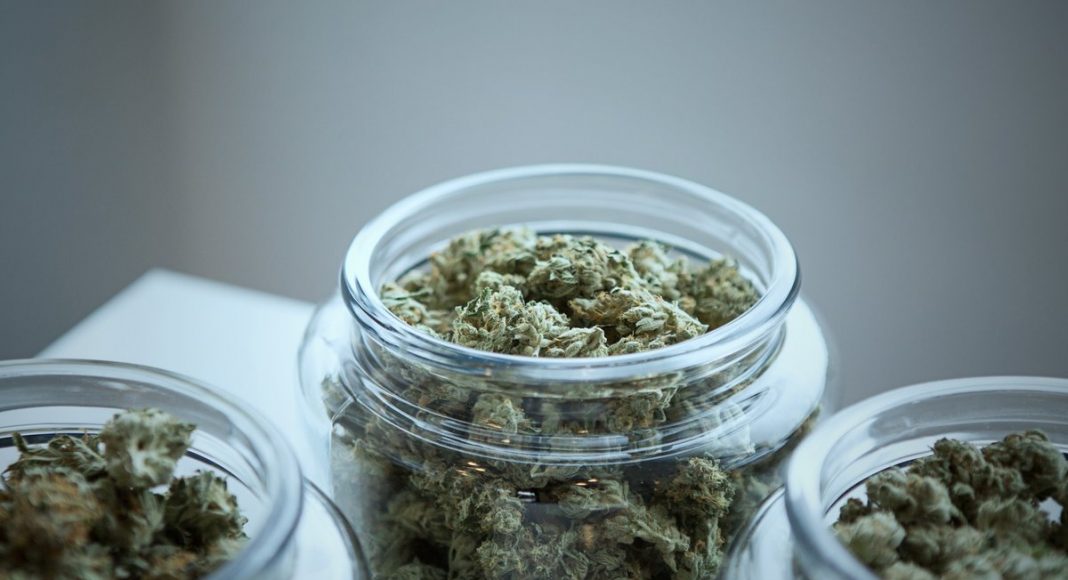Members of the legal cannabis trade can sometimes still find themselves jammed up in the criminal justice system when they let greed get the best of them.
Just last Friday, three Denver dispensary owners were sentenced to a year in prison after facilitating marijuana sales intended for the black market. It is a case that officials are calling the first local prosecution of a legal marijuana operation in the United States, according to the Associated Press.
After a yearlong investigation, prosecutors determined that the Sweet Leaf dispensary chain was engaged in an illegal activity called “looping.” This is a practice in which a customer is allowed to purchase the maximum amount of weed allowed by Colorado law several times throughout the day. That marijuana is then distributed illegally in prohibition states. In the cases of Sweet Leaf, the dispensary is responsible for pouring nearly 2 tons of legal marijuana into the black market.
RELATED: Colorado To Clamp Down On Marijuana Home Grows
Matthew Aiken, Christian Johnson and Anthony Sauro all entered a plea agreement that will have them serving the next 12 months in prison. After that, the men will spend a year on parole and another year of probation. More convictions are expected to come. Denver prosecutors are still busy building cases against at least 10 more people accused of looping in connection with Sweet Leaf.
It is important to understand that this case is not the rule, it’s the exception, according to Denver District Attorney Beth McCann. Most legal cannabis businesses “are reputable and responsible and strive to obey our marijuana laws,” she said.
Still, there is little doubt that legal marijuana is finding its way to the black market. Although prosecutors in Colorado haven’t locked down any other outlaw dispensaries, law enforcement sources indicate that legal green has created an uprising in illegal drug activity.
“[Post legalization] we have seen an increase in the black market because the marijuana… is being shipped out of state,” Lieutenant Andrew Howard with the Denver Police Department said in a September press release.
RELATED: Canada Can Combat Marijuana’s Black Market By Following California’s Lead
Of course, this is only a problem because of conflicting marijuana laws. Colorado says weed is legal, the neighboring states continue to ban it and so does the federal government. This provides criminal organizations with plenty of opportunity to capitalize on this crop. It’s just one of the reasons why some states in the Eastern United States—where weed is legal (or headed in that direction) in bordering states—are moving toward the end of prohibition this year. Places like New York do not want to deal with the inevitability of illegal weed being smuggled into their neck of the woods. They would rather use the tax revenue from legal sales to benefit the state.
As part of the plea deal, all of Sweet Leaf’s 26 licensed have been revoked and none of the men are permitted to work in the Colorado cannabis trade for 15 years.


